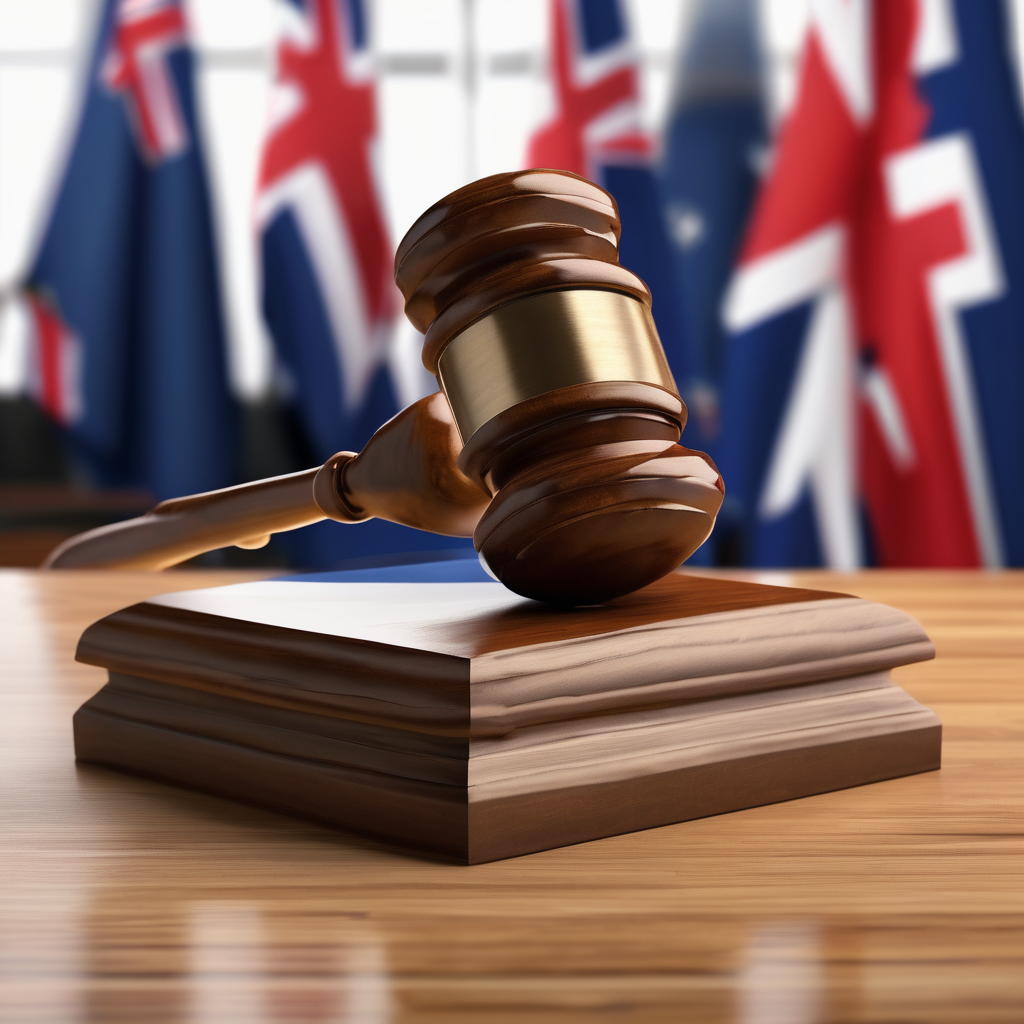Former Prime Minister Voreqe Bainimarama has been convicted by the Suva High Court for making unlawful demands to then Acting Police Commissioner Rusiate Tudravu. The court found that between May 21 and August 18, 2021, Bainimarama pressured Tudravu to terminate two police officers—Sergeant Penieli Ratei and Police Constable Tomasi Naulu—or face the threat of dismissal himself.
Justice Thushara Rajasinghe, who presided over the case, confirmed that the prosecution proved beyond a reasonable doubt that Bainimarama’s demands were made under menace. During the trial, both the former prime minister and Tudravu acknowledged their communications regarding a controversial photograph of Bainimarama’s late brother, Jonacani Bainimarama, shared among officers. The court noted that the actions of the officers involved in capturing and sharing the photograph violated Bainimarama’s rights.
Justice Rajasinghe emphasized that, as Prime Minister, Bainimarama held no legitimate authority to influence the Acting Commissioner of Police’s decisions. In a noteworthy contrast, Qiliho, who was co-accused alongside Bainimarama, was acquitted of his charges. The court determined that there was insufficient evidence to prove that Qiliho abused his office when he reversed Tudravu’s decision regarding the disciplinary actions related to Ratei and Naulu.
The proceedings highlighted critical discussions around government accountability and the ethical responsibilities of officials. As the case approaches its next phase, scheduled for mitigation and sentencing submissions, there is a growing anticipation for a transparent resolution. The Office of the Director of Public Prosecution has indicated that it will decide soon whether to appeal Qiliho’s acquittal.
The unfolding of these events continues to spark hope for fostering a more accountable governance structure in Fiji, reinforcing public trust in institutional integrity and ethical conduct. The ongoing court process will be crucial in addressing broader implications for the balance of power between political influence and the independence of policing in Fiji.
